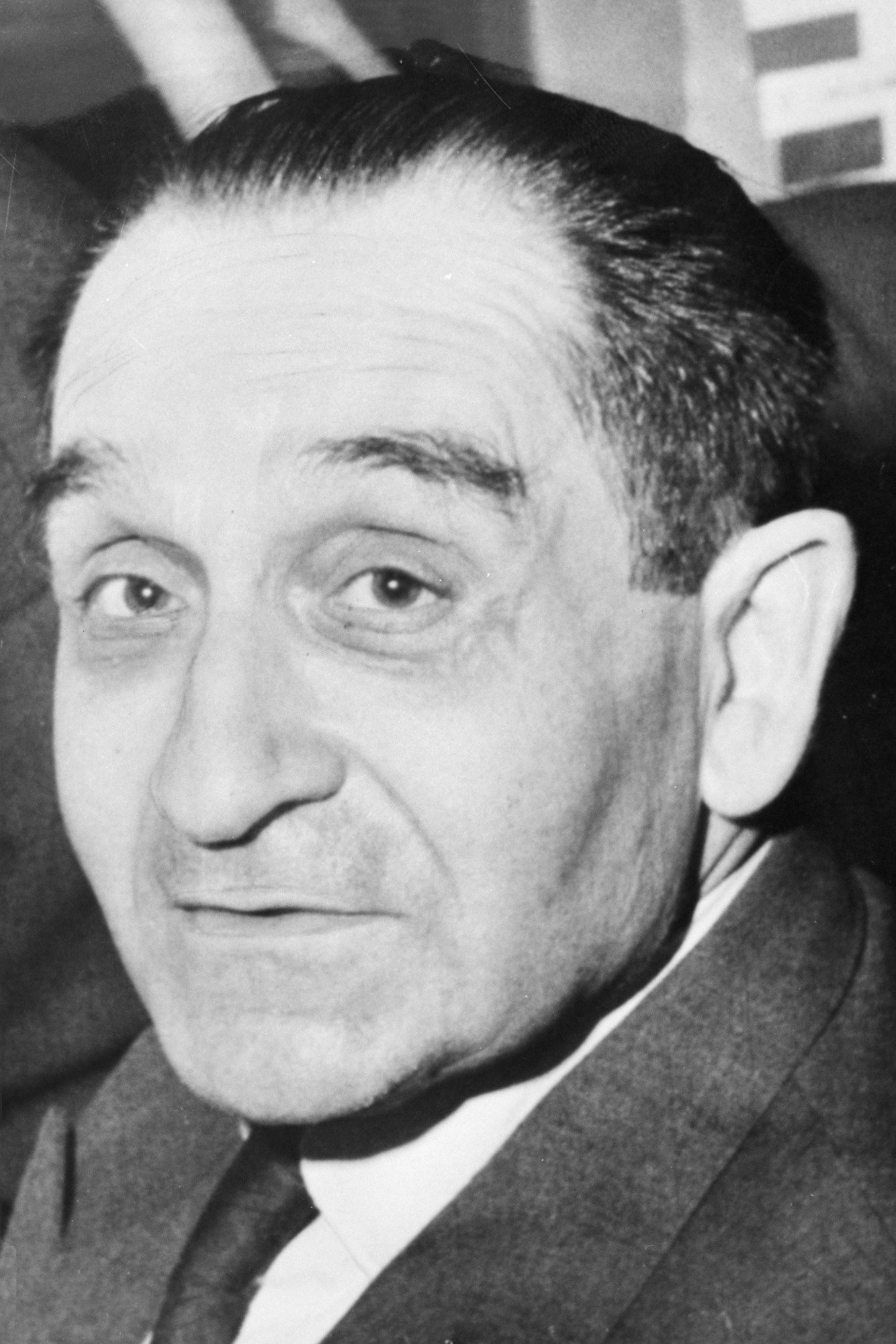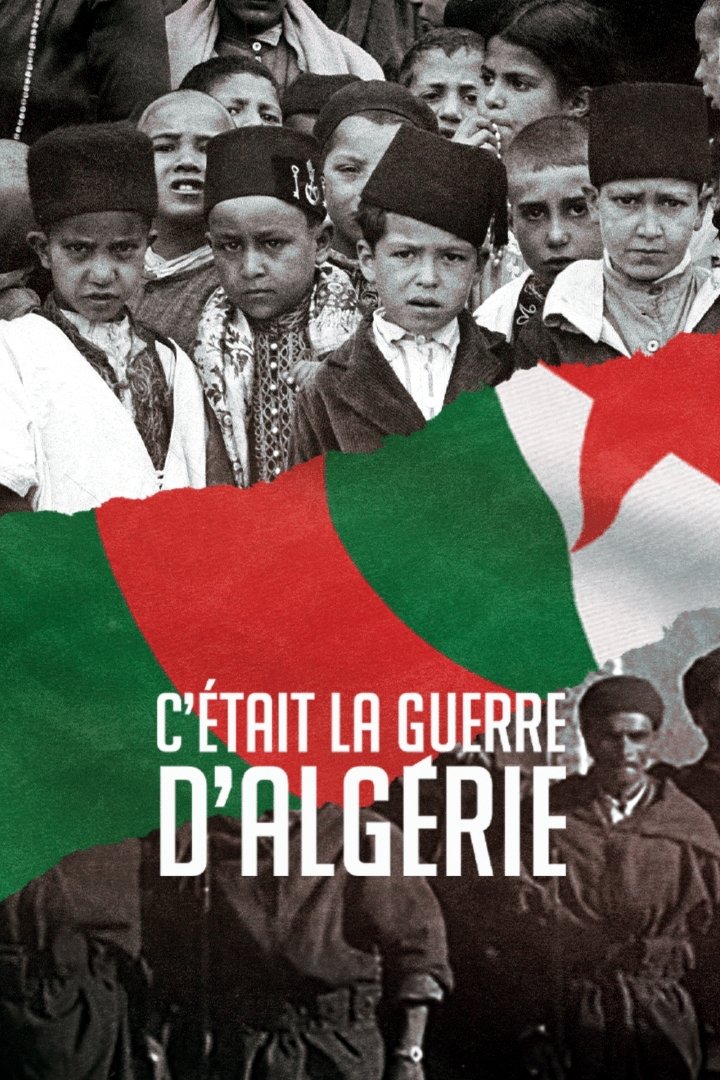


On October 4, 2018, France celebrated the 60th anniversary of the Fifth Republic. It is a republic born in the throes of the Algerian War and one which—from the day it was founded by General de Gaulle until the presidency of a very Jupiterian Emmanuel Macron—has been assailed as a “Republican monarchy” by partisans of a more assertive parliamentarian state. By revisiting the struggle of those who dared oppose the new regime — only to suffer a crushing defeat on September 28, 1958, when they were barely able to garner 20% of the vote against the constitutional text — this film shines a powerful new light on the origins of the Fifth Republic and its consequences for the next 60 years. It is a constitutional debate that planted the seeds for a complete upheaval of the French political landscape, on the left in particular, and set the country in motion toward what would be called the Union of the Left.

Charles de Gaulle, the first president (1958-1969) of the Vth Republic, France’s current system of government, left his mark on the country . He was statesman of action and has been compared to a monarch. This film depicts the general’s personality through the great events of his presidential term, at a time when the world was undergoing considerable changes.
Pierre Isaac Isidore Mendès France (11 January 1907 – 18 October 1982) was a French politician who served as prime minister of France for eight months from 1954 to 1955. As a member of the Radical Party, he headed a government supported by a coalition of Gaullists (RPF), moderate socialists (UDSR), Christian democrats (MRP) and liberal-conservatives (CNIP). His main priority was ending the Indochina War, which had already cost 92,000 lives, with 114,000 wounded and 28,000 captured on the French side. Public opinion polls showed that, in February 1954, only 7% of the French people wanted to continue the fight to regain Indochina out of the hands of the Communists, led by Ho Chi Minh and his Viet Minh movement. At the 1954 Geneva Conference, Mendès France negotiated a deal that gave the Viet Minh control of Vietnam north of the seventeenth parallel, and allowed him to pull out all French forces. He is considered one of the most prominent statesmen of the French Fourth Republic. Mendès France was born on 11 January 1907 in Paris, the son of a textile merchant from Limoges. He was descended from Portuguese Jews who settled in France in the 16th century. He studied at the École des sciences politiques and the Faculty of Law of Paris, graduating with a doctorate in law and becoming the youngest member of the Paris bar association in 1926, at age 19. In 1924, Mendès France joined the Radical Party, the traditional party of the French middle-class centre-left (not to be confused with the mainstream SFIO, often called the Socialist Party). He married Lili Cicurel, the niece of Salvator Cicurel. In 1932, Mendès France was elected member of the Chamber of Deputies for the Eure department; he was the Assembly's youngest member. His ability was recognized at once, and in 1938 the government of Léon Blum appointed him Under Secretary of State for Finance. After the surrender of France to Nazi Germany in World War II, he fled to French North Africa with other army and air force units, but was arrested by the Vichy government authorities and imprisoned for desertion. He escaped and succeeded in reaching Britain, where he joined the Free French forces led by Charles de Gaulle. Mendès France later described his trial, conviction and subsequent escape in the famous documentary The Sorrow and the Pity. During the latter years of the war, Mendès France served in the Free French Air Forces and flew in a dozen bombing raids. After the Liberation of Paris in August 1944, he was appointed Minister for National Economy in the French provisional government by de Gaulle. He later headed the French delegation to the 1944 United Nations Monetary and Financial Conference at Bretton Woods. Mendès France soon fell out with the Finance Minister, René Pleven. Mendès France supported state regulation of wages and prices to control inflation, while Pleven favoured generally laissez-faire policies. When de Gaulle sided with Pleven, Mendès France resigned. Nonetheless, de Gaulle valued Mendès France's abilities, and appointed him as a director of the International Bank for Reconstruction and Development, and as French representative to the United Nations Economic and Social Council. ... Source: Article "Pierre Mendès France" from Wikipedia in English, licensed under CC-BY-SA 3.0.
By browsing this website, you accept our cookies policy.